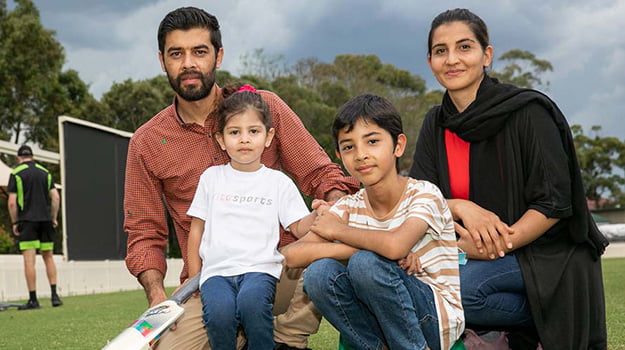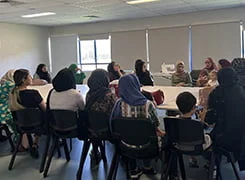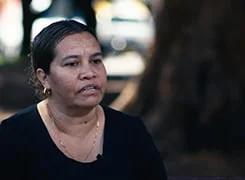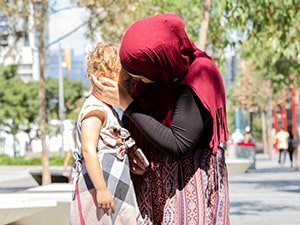10 May 2018
Media releasesIncrease to waiting period for migrant income support payments discriminatory, says SSI
In the budget announced on Tuesday, May 8, the Government is proposing to increase migrants’ waiting periods for Social Services income support payments from two years to four years, and create a four year waiting period for the Family Tax Benefit and some extra income support payments.
In its submission to a Senate Inquiry, SSI has recommended that the Senate reject the Government’s current proposed legislation to increase the wait period from two to three years (the Social Services Legislation Amendment (Encouraging Self Sufficiency for Newly Arrived Migrants) Bill 2018).
SSI also recommends that the Senate reject the proposed increase to four years for the waiting period for migrants.
SSI CEO Violet Roumeliotis said, “Australia’s Social Services system provides a safety net to support permanent residents and citizens during times when they cannot adequately support themselves and their families, due to reasons such as illness or other misfortune. It can happen to anyone.
“Recently arrived permanent residents rightly have an equal obligation to obey Australian laws and pay taxes. They also have an equal right to income support benefits when they have a legitimate need, and the other benefits of society that our taxes pay for.
“The proposed changes will have an impact not only on the migrant primary visa holders, but also their spouses and children, and single parents with children.”
Ms Roumeliotis said the proposed changes to the Family Tax Benefit needed particular mention.
“The Family Tax Benefit supports young parents, most of whom are working but on lower incomes, to provide adequate care and support for their children. It’s an investment in our children’s future,” she said.
“Withholding Family Tax Benefit from new migrant families will mean that they pay a higher rate of taxation on their income than other Australians.”
Ms Roumeliotis said the current two year waiting period was already creating significant and unnecessary hardship for some newly arrived migrants, as shown in the following scenario drawn from real cases involving migrant clients of SSI.
A skilled migrant with a wife and two young children arrived in Australia last year to take up a well-paid position. After one year of employment and settling happily in Sydney, the husband unexpectedly fell seriously ill. The spouse does not yet have reasonable English and so has not been able to find employment. They are not eligible for income support benefits under the two year wait period, and the spouse is also not eligible for English language training or employment services. They can and do receive medical services and the children attend a public school. With no income they have become destitute and homeless, relying on the good will of their church community and local charities for accommodation and money for food. They are applying to have an exemption to receive some income support due to unforeseen changed circumstances, but this is taking some time to process and to provide evidence of their current circumstances.
Ms Roumeliotis said, “The implication of the federal budget proposals is that the children of migrants are of less value and less deserving of care than other children. This is the very definition of discrimination.”






























